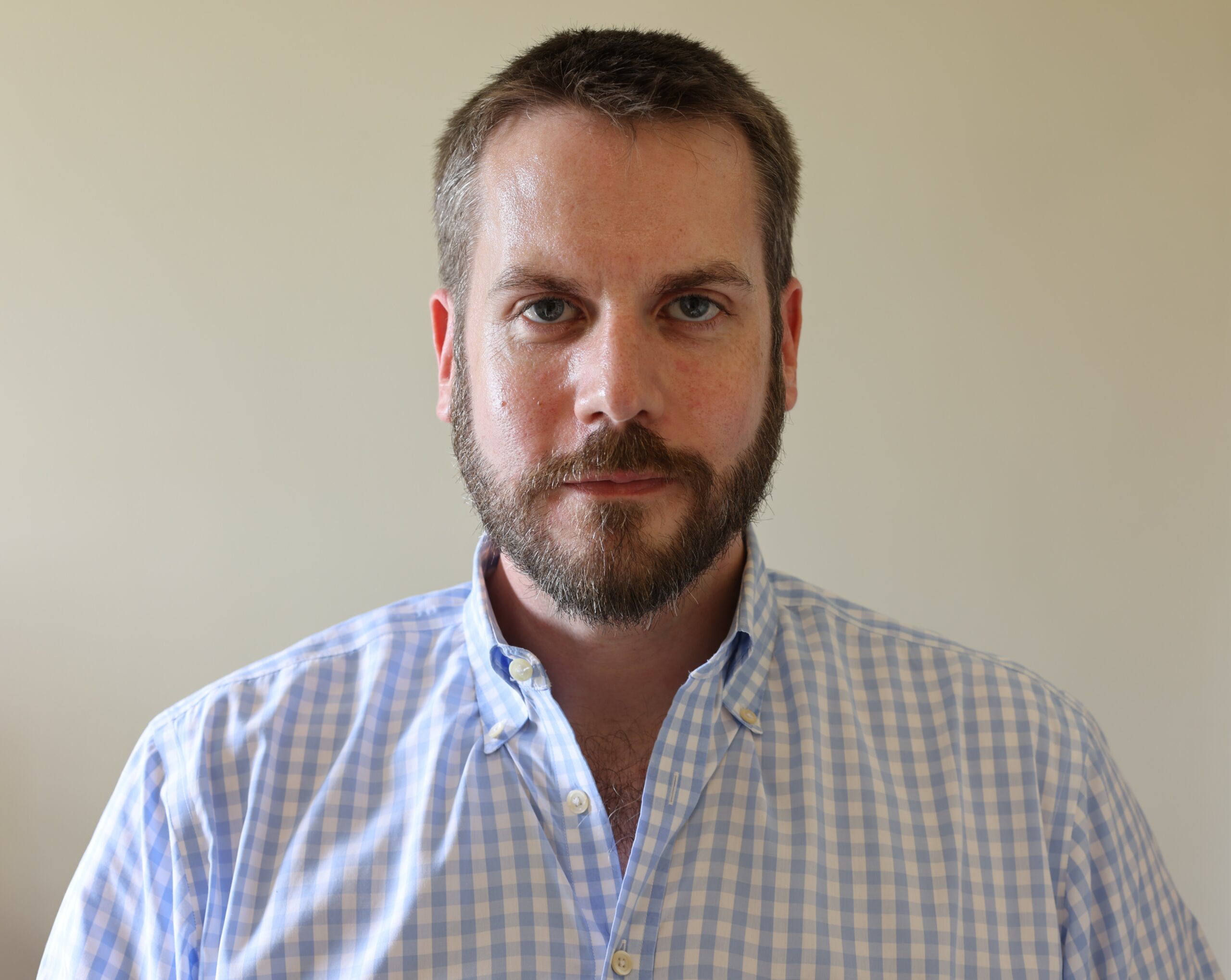For years, U.S. public companies have faced pressure from Wall Street to meet or beat quarterly earnings estimates. In response, they have discontinued quarterly guidance, forgone major investments, and sometimes prettied up results with accounting tricks. These defense mechanisms succeed to varying degrees but reveal a concerning truth: Executives often allow the market to define their time horizons, rather than prioritizing what is right for their companies over the long term.
Amazon has taken a different approach. When the company went public in 1997 at $1.50 per share, Amazon founder and CEO Jeff Bezos unapologetically promised to focus on long-term growth and discount short-term profits, and has doggedly stuck to it, as a recent New York Times article noted.
Even in years that ended in losses, Bezos made ambitious investments in projects with distant paydays, such as delivery logistics, cloud storage, and movie and television production. Yet over time, it seems Amazon’s investors have come around to this way of thinking. Amazon’s stock price has continued to grow through good years and bad, and now hovers around $1,500, thanks to recent profit records and years of positive ratings from the majority of its Wall Street analysts.
Amazon is in many ways a unique organization, but influential investors would increasingly approve of its approach. Some of the world’s largest institutional investors including BlackRock, Vanguard, Fidelity, JPMorgan Chase, State Street, and others – investors who own the whole market to the extent they own index funds – are pleading with executives to focus on sustainable success to help dampen overall market volatility. BlackRock CEO Larry Fink has characterized his firm’s index fund managers as “the ultimate long-term investors – providing patient capital for companies to grow and prosper.”
Likewise, in an open letter to directors in 2017, Vanguard CEO F. William McNabb III reminded boards that “a long-term perspective informs every aspect of our investment approach, from the way we manage our funds to the advice we give our investors.”
Case studies and market forces can go a long way toward pushing companies to care more about the future. However, to create an environment which supports long-term thinking, it’s also essential to get the right people into place within a company – both at the executive and board level. Drawing on our past research at Russell Reynolds Associates, we look at how boards can identify and develop CEOs who will put the appropriate emphasis on long term issues. We then drill down into how directors themselves can most effectively focus companies on enduring accomplishments rather than quick wins that lack lasting impact.
Read the full paper, co-authored with Alix Stuart, and published by Russell Reynolds Associates.
